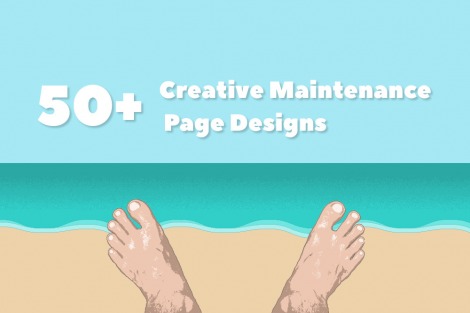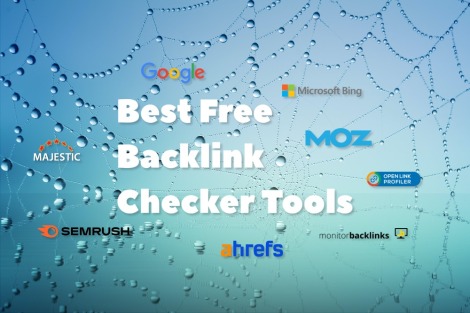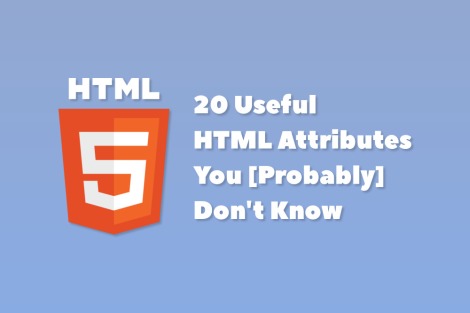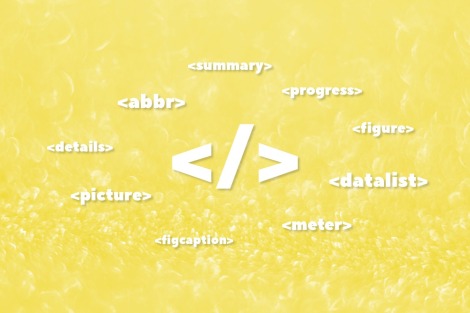When faced with the daunting task of planning what to include on your website and how to write the copy, here are a few tips that will make the task easier for you.

1. Visitor Friendly
The main thing to keep in mind is that your website needs to be visitor friendly. What this means is that your customer must be able to find what they are looking for easily and quickly. And that means a great navigational system. Most websites either display their navigation bar on the left or at the top. And since most people are used to this type of navigation, it's best to stick with it. It also helps to include your navigation bar at the bottom of each page to save your visitors from having to scroll back to the top.
2. Search Engine Friendly
Search engines try to list sites that contain good content, so you need keywords and phrases on your pages that best describe your service and products. For example, if you are a florist, use the words such as florist, online florist, virtual florist, wedding florist, florist in Sydney, florist online, flowers, floral, bouquets, floral arrangements, etc. as many times as possible to ensure high search engine ranking. To find out what keywords your customers may be searching check out:
Once you decide on the keywords, use them in
- Your website's domain name (is domain name a ranking factor?)
- The title of your page (see the best practices)
- The headings (<h1>, <h2>, ...) of your home page
- The first paragraph of your home page
- The meta description tag (Are Meta Descriptions A Google Ranking Factor?)
- Titles of your graphics
Whilst it is important to use keywords as much as possible, it is also important you use them only if they are relevant and do not sound awkward. If you spam your keywords your website may be penalized or even banned by search engines.
3. Informational vs Online Store
One of the first decisions you need to make is what type of website to have. Will it be informational only or will it be an online store or a combination of both? An informational website is like having an online brochure. It does not sell products directly to customers, but rather provides details of your business, its products, and services and occasionally features a printable order form.
The other type of website is an online store. It is a virtual salesperson who potentially never stops providing presales information to your prospects - and then making sales to them.
4. Create a Plan
Before you start thinking about what to write on each page of your website, it is important that you create a plan, which lists all the pages you wish to include. Below is a list of the most commonly used pages:
- Home Page (First Page)
- Products / Services
- Contact Us
- Pricing
- Testimonials / Product Reviews / Before & After
- Frequently Asked Questions
- Response forms such as "Subscribe" or "Enquiry" form
- Online Magazine or Newsletter
- Resources/Articles
- About Us
- Guarantee
- Survey
- Events Calendar
- Search My Website Feature
- Return/Refund Policy
- Privacy Policy
- Site Map
- Copyright Information
- Links
- Media Information
- News
- Online store
5. Provide Premium Content
Your ultimate goal is to turn a visitor into a customer. On your website, this is done by providing premium content. Each page should be its own mini-site. As you have no control over how a visitor enters your website, it is important they are able to easily work out what your business offers and navigate to other pages within your site.
If you are still struggling with where to start, visit your supplier's or competitor's websites. Be careful that if you use copy from their site that you do not infringe copyright laws. If in doubt, contact the author or copyright owner and ask for permission.
6. Focus on the Customer and Their Needs
Rather than trying to "sell your business", let your prospects know how your product/service is going to benefit them. Emphasize the benefits and solve problems. Make this the focus of everything you write on every page of your site. Don't try to sell visitors your products or service, help them.
7. Cross-sell / Up-sell as Part of Your Content
If a customer is looking for a particular product, offer them details of related products. By recommending other products, your customers will learn what else is available and in many cases, it will translate to additional sales for you.
A company that does this exceptionally well is Amazon. Search for a particular book and you will find information on what other people who ordered this book also bought.
Make it as easy as possible for customers to complete an order by providing clear instructions. Ensure delivery costs are outlined before a customer begins the ordering process.
8. Offer Value
Offer bonuses, free trials, discounts, and prizes. List the dollar value beside each bonus. People will feel they're getting a good deal and it will increase the value of your product.
9. Spell Check and Grammar Check
Ensure there are no spelling or grammatical errors. You can use online services like Grammarly for that.
Check that all links are working and graphics displaying correctly.
Conclusion
Planning a website is a crucial step towards building a successful online presence. By following these tips, you can ensure that your website is well-organized and user-friendly. By putting in the time and effort to plan your website, you'll be able to attract and retain visitors, establish credibility, and achieve your business goals.



